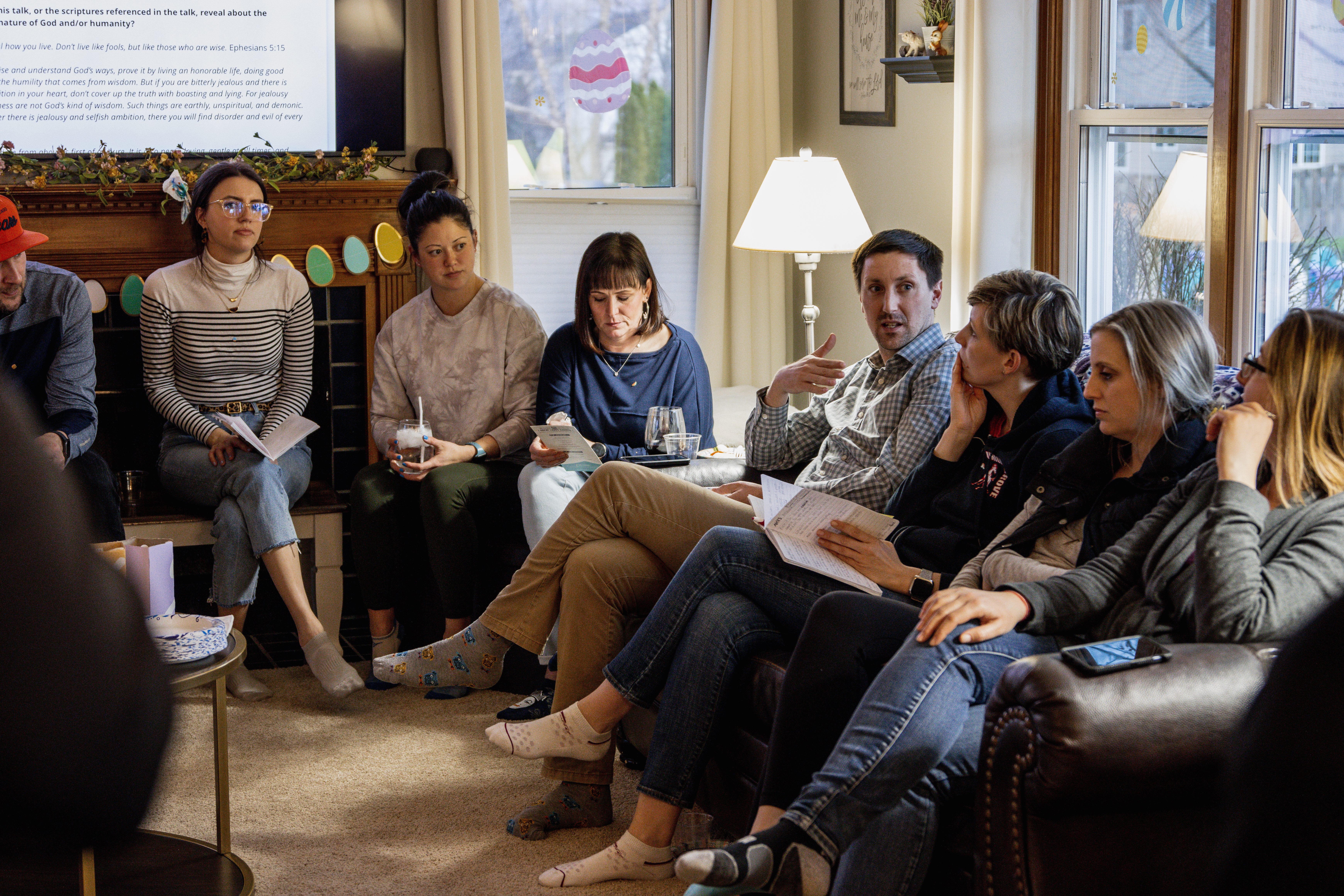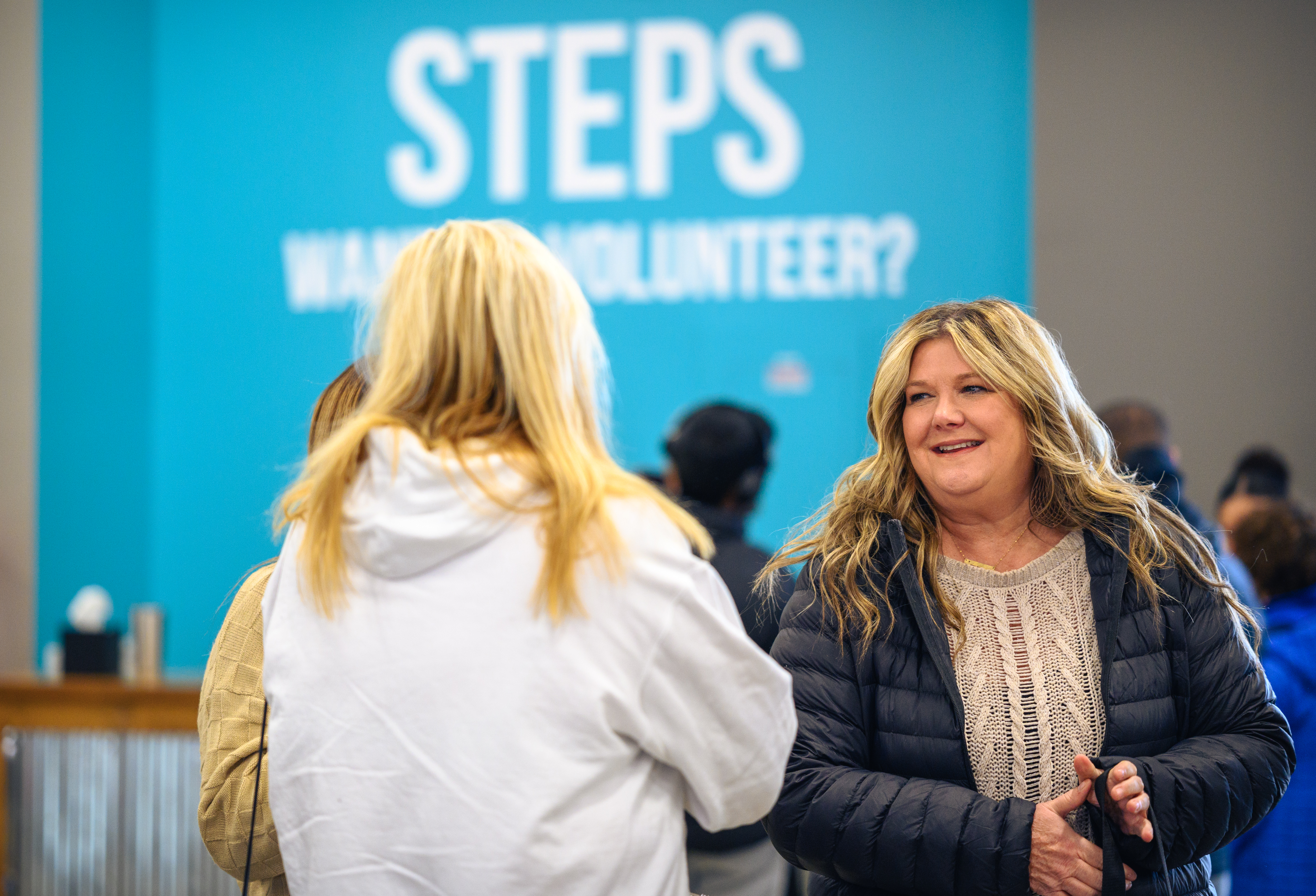
Groups
At Great Lakes Church, we believe in the power of community. Our small groups are designed to help you connect, grow, and support one another in your faith journey.
Whether you're looking for meaningful relationships, deep discussions, or a safe space to share, our small groups offer a place to belong and grow together. Join us and experience the strength of being part of a supportive, close-knit community.
A Variety Of Groups
We're all looking for something a little different when it comes to being in a group, so we offer multiple types.
Breakout Groups
Breakout Groups are recurring conversations centered on specific topics for individuals looking to take their next step. Examples include Starting Point for anyone exploring or re-exploring what it means to follow Jesus, and Financial Peace University for anyone striving for financial freedom. As time goes on, more groups will be added.
Short-Term Groups
Short-Term Groups are designed to help people connect around Sunday’s talk. It’s a 4-5 week commitment and at the end, people can walk away if it’s not the right fit for them, no hard feelings.
These discussions happen at GLC in a room with other tables having the same conversation. If you enjoy it and want to continue meeting, you’ll become a CircleUp Group.
CircleUp Groups
Circle Up is a 4-week study that explores the value of church in circles instead of rows. Participants learn ways they can contribute to healthy relationships within that circle. After four weeks, anyone can deselect from the group without guilt if it’s not a good fit for them.
Additional Information
📆 Group Schedules
Breakout groups & Short-term groups will meet ALL YEAR ROUND! You can hop in at the start of any session (which can be found on this signup page). Our hope is that after your first round of short-term groups, you’ll move into CircleUp and then become a group that meets indefinitely!
If you don’t wanna move on to CircleUp? Or if CircleUp doesn’t go well? Feel free to start again in the next session of Short-term groups. Or just feel free to stay with Short-term groups indefinitely! It’s up to you!
And if you like leading conversations and excel in social environments, feel free to get in touch with Carson so you can be a table leader for short-term groups!




